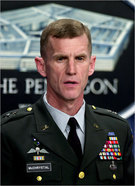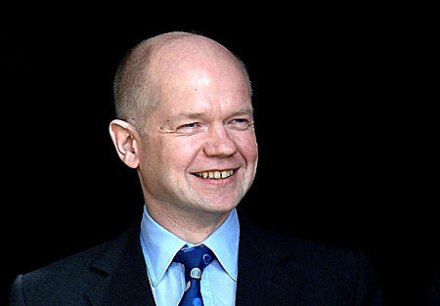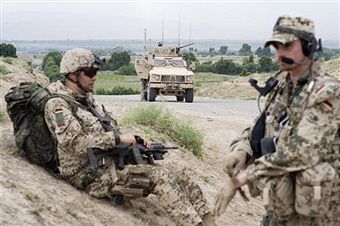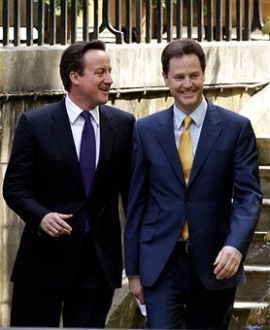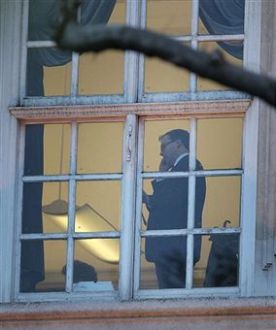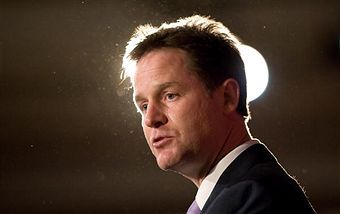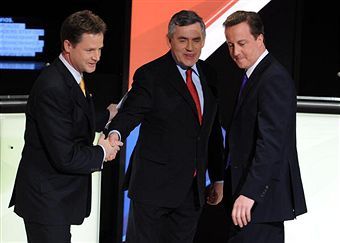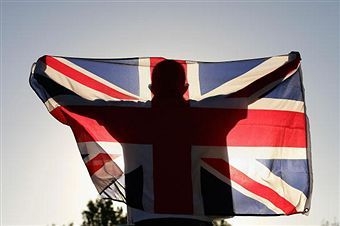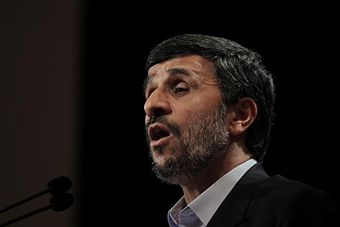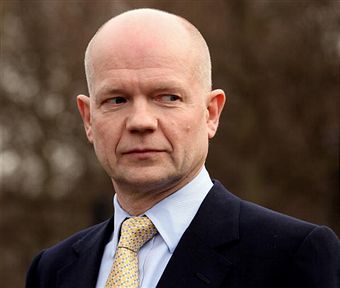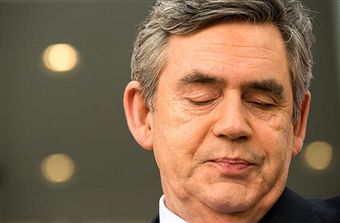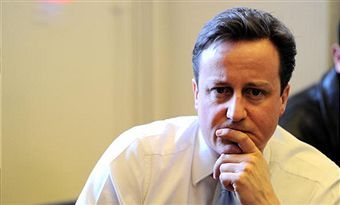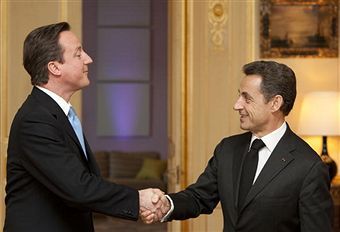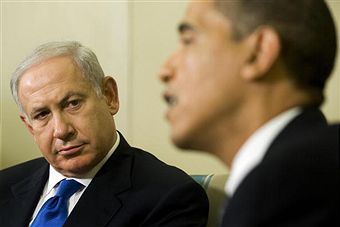War, Statesmen and Soldiers
Fifteen days ago Newsweek had an extract, no not from Alistair Campbell’s diaries, but about something that actually matters – Jonathan Alter’s book about President Obama’s AfPak strategy. I have only just read it – apologies — but a soggy May weekend is just the time to snuggle up on a sofa and read about warfare. Alter charts the discussions in the ten meetings on last year in the Situation Room in the basement of the White House when the Obama administration settled on a new strategy. Three things spring to mind when reading the passages. First, that the maintenance of civilian control over the military is not automatic; it
